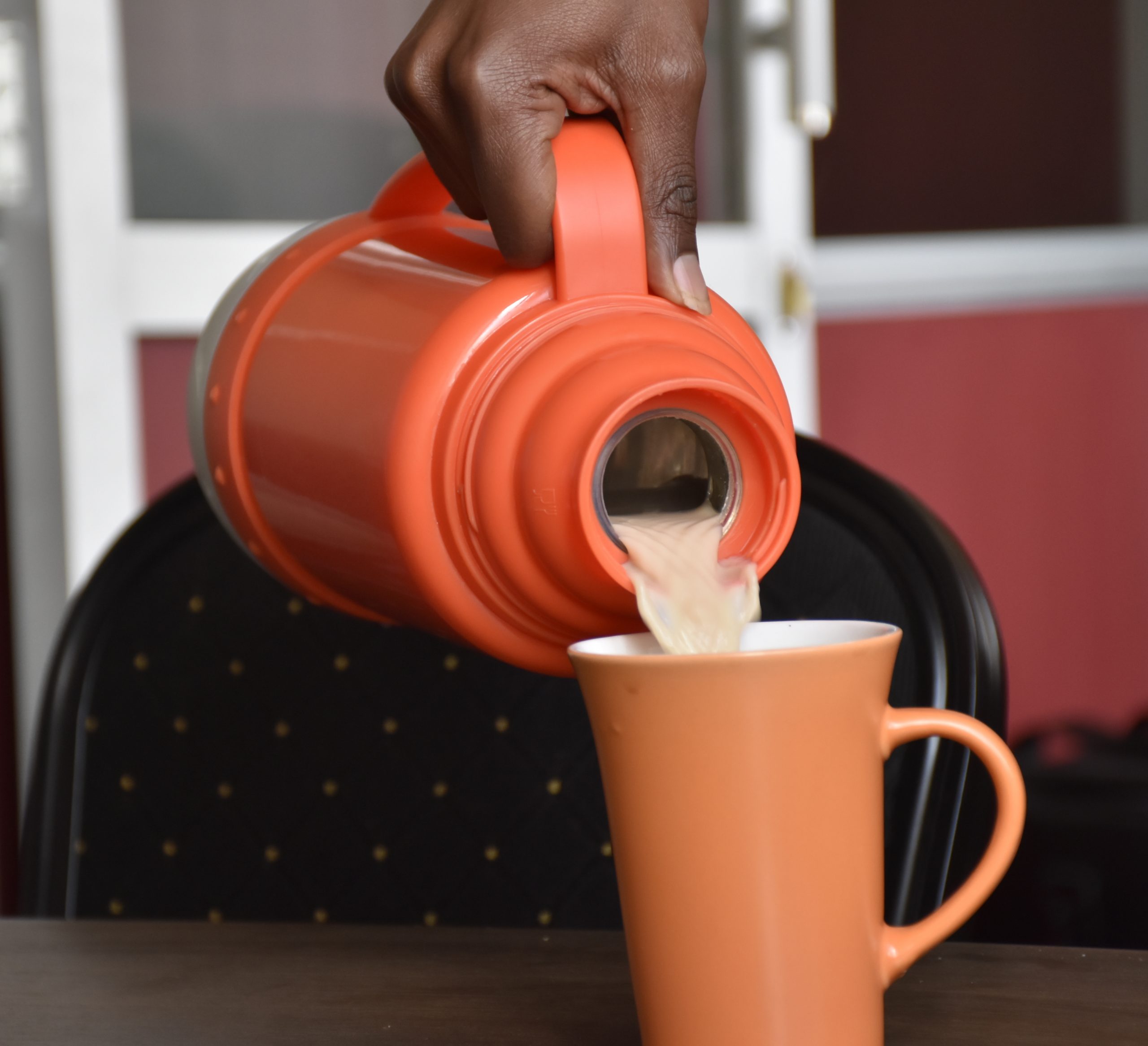It is an old tradition that to gentle rock a baby soothes and makes them fall asleep easier. This is because of the mild motion.
Researchers from the University of Geneva have revealed that rocking does not only makes it easier to fall asleep, but it also boosts memory synthesis during sleep.
The new study published in Current Biology reported that during a 45-minute nap, an individual will fall asleep faster and sleep more soundly.
“Having a good night’s sleep means falling asleep rapidly and staying asleep during the whole night,” said Laurence Bayer the lead author of the study.
The research was conducted on 18 healthy young adult participants. Those who slept on rocking beds fell asleep faster, deeply and woke up less during the night.
In assessing memory consolidation research, the participants were given word pairs to study. Later in the evening, they were asked to recall the words and again in the morning to measure the accuracy.
READ: FOOD INSECURITY CAN CAUSE OBESITY, STUDY REVEALS
The results showed that those who were rocked during their sleep performed better in recalling the words than their counterparts who slept in still beds.
The researchers concluded that the rocking motion caused an entertainment of specific brain oscillations of non-rapid eye movement sleep that helped to synchronize neural activity in the thalamocortical networks of the brain that carry out vital function in both sleep and memory synthesis.
Brain oscillations refers to the repetitive electrical activity generated spontaneously in response to stimuli while thalamocortical are the fibers between the thalamus and the cerebral cortex parts of the brain.
SEE ALSO: DELAY BATH AFTER BIRTH, MEDICS ADVICE MOTHERS
These new findings may redefine approaches used in treating patients with insomnia, mood disorders, and also older people who suffer from memory impairment and poor sleeping patterns.
“Mapping the network of communication between the two systems will provide with the basic understanding as well as clinical targets to cope with sleep disorders like insomnia,” added Bayer.













3 Comments